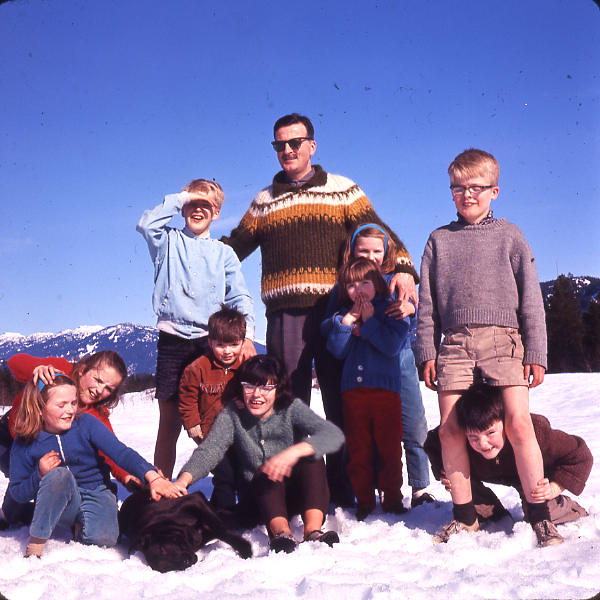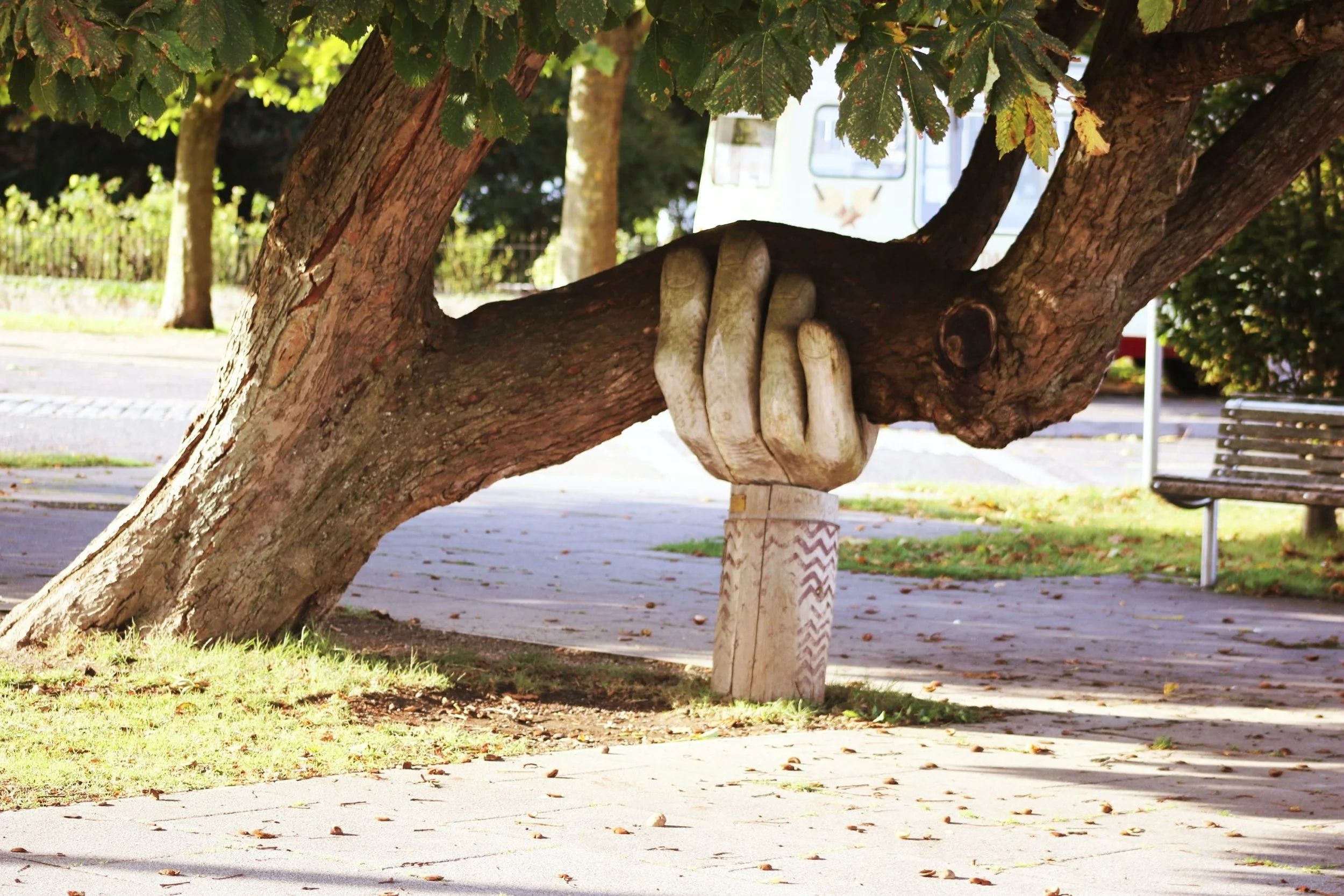The Art of Asking for What You Need
When I was a kid my Dad was my hero. He wore a 3-piece suit to his accounting office, was always in control, and could fix anything. On weekends, the older kids became his soldiers marching around the property hauling downed branches, stacking wood, or some other work we couldn’t screw up. If it needed doing, we did it.
Rarely did I see him ask for help.
In my businesses, I readily adopted a similar philosophy, even when I had partners. I was the soldier braving the way, preferring to work in solitude. So I worked long hours and prided myself in being able to solve any challenge. My mantra was “If it’s meant to be, it’s up to me.”
Now, years later I feel the heavy burden of my misguided philosophy. Instead of strength, it was a recipe for burnout and staying small.
It’s a funny thing to ask for help.
Funny thing
It seems so simple. You need advice or help to get a project off the ground, but instead of looking for help, you do what you always do and struggle to do it yourself.
What holds us back from simply asking for help?
Western societies value independence, argues psychologist Dale Miller. so asking others to go out of their way to help us may seem selfish - even wrong. “We tend to apply a more pessimistic, self-interested view about human nature,” writes Miller.
Asking for help can feel like weakness - like reaching up for a hand when you know you are sinking. One study revealed that by the age of seven children begin to connect asking for help as looking incompetent in front of others. Stanford researcher, Kayla Good suggests that our hesitation to ask for help could stem from being overly concerned about burdening or inconveniencing others.
Or we can make it feel like an invitation.

Dad and his soldiers 1963
An invitation
What if you reframe the ‘ask’ into an invitation? The invitation is for someone to enjoy doing something they like doing and you aren’t good at or don’t have the time for.
I’m leading a team in our City to build a new building for a not-for-profit and needed a volunteer with construction management experience. I don’t know anyone with those skills, but I knew that over the last decade, we had accumulated a large mailing list of members, supporters, and families. So, despite the doubts of my project committee, I sent out a short email inviting someone to volunteer for the role.
Within an hour I had two responses.
By the end of the week, four experienced project managers had all put their hands up willing to help. In fact, it worked so well that I repeated the campaign a month later and received three volunteers for another role that needed filling.
If you ask for help, it can feel like a gap you need help filling. Like you are failing and need to be bailed out. But, if you invite someone to help it is like offering a gift.
The context
You can learn a lot about asking from panhandlers, street performers, and charities. Out of necessity, they become masters of creating a compelling context.
Pause to read the sign a panhandler might hold up at a busy intersection and there’s usually a compelling reason they need your money. They’re out of work, have a family to feed, or need medical treatment.
That’s context.
We were in Boston early this year getting ready for my first Boston Marathon. While exploring the Freedom Trail through Old Town, we came across a brilliant street performance near King’s Chapel. The choreography was fast-paced and packed with lots of acrobatics, and theatrics. It was a master class in audience involvement.
As the performance moved to the final trick - one involving a performer doing a running flip over a line of nervous audience volunteers - we all knew what was coming next. That hat would be passed around.
That’s when they created context.
As the audience quieted down, the troupe gathered together, arms wrapped around each other, looked out at their audience, and shared their mission. They talked passionately about the challenges facing inner-city youth in America and how our donations would support youth learning dance and performance skills and help keep them off the streets.
They created content and the wallets came out.
It’s taken me a long time to accept that asking is a strength—not a weakness.
A strength
My father taught me that one kind of strength is independence and self-reliance. “If it’s meant to be, it’s up to me.” Another kind of strength - the type I used to label as lazy or self-serving - is asking for help.
“Don’t be afraid to ask for help when you need it.” Barack Obama said in his speech to high school students in 2009. “Asking for help isn’t a sign of weakness, it’s a sign of strength. It shows you have the courage to admit when you don’t know something, and to learn something new.”
I’m really good at a few things, competent in a few others, and pretty well hopeless in almost everything else. Knowing my limitations is a strength.
My younger days of head-down, long hours, torpedoes-be-damned, and suffering are done. That was when (as Billy Joel sang) “I wore a younger man’s clothes.” If I want to create meaningful results in this world I need to ask for help.
It’s not a weakness to ask for help—it is a strength.
Over to you…
Where in your life or work do you need to ask for help?
Photo by Neil Thomas on Unsplash
Small Wins - Why Little Steps are the Path to Big Rewards
Keynotes and workshops by Hugh Culver


